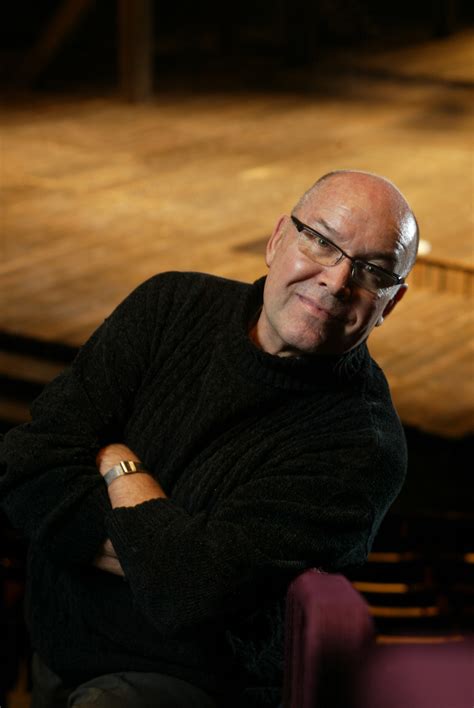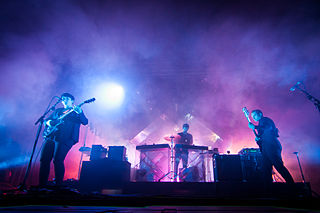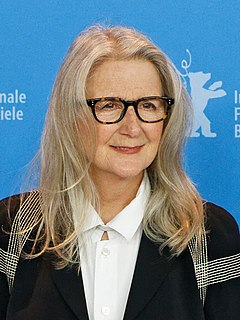A Quote by V. S. Naipaul
If you write a novel alone you sit and you weave a little narrative. And it's O.K., but it's of no account.
Related Quotes
It is important to insist on the historical truthfulness of the narrative of the fall of Adam and Eve. Just as the account of the creation of Adam and Eve is tied in with the rest of the historical narrative in the book of Genesis, so also this account of the fall of man, which follows the history of man's creation, is presented by the author as straightforward, narrative history
I think everything you are, everything that engages you, eventually comes to bear on the novel you write. I think the creative energy in novel writing, obviously, comes from tension. From trying to fuse. From trying to make coherent disparate things that might not at all seem to belong together within a narrative.





































